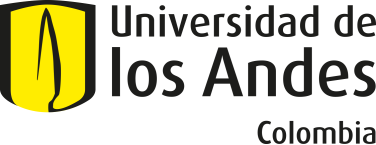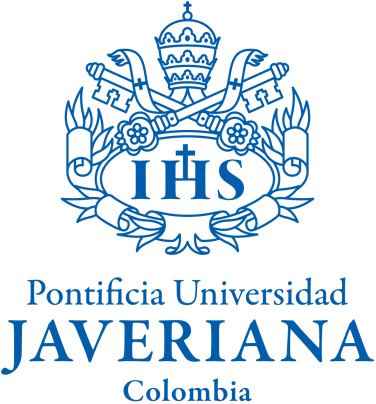Our Partners
A community centered around a common goal of social good can be a powerful force for change. When that community is made up of an interdisciplinary group of experts committed to improving infectious disease response in the era of COVID-19, it becomes essential.
We provide and administer grants to our Epiverse TRACE partners, who deliver on the Epiverse TRACE, BUILD, and CONNECT programs. As we develop our Epiverse grant provision and grant management services to address and anticipate ever-evolving societal needs, we look forward to extending this network of building partners to bolster the global open-source software ecosystem and empower the teams working to respond to current epidemics and prepare for future ones.
By leading an effort to develop software within Colombia, we are not only contributing to global efforts, but we are building capacity in our own backyard and showcasing our expertise on a global stage.
Zulma M. Cucunubá, MD, MSc, Ph.D. Assistant Professor of Infectious Disease Epidemiology Pontificia Universidad Javeriana (Javeriana)
Meet our Epiverse TRACE Partners

The London School of Hygiene & Tropical Medicine
The London School of Hygiene & Tropical Medicine (LSHTM) team is developing a suite of open-source tools, providing cutting-edge methods for outbreak analytics. This work includes Epiverse TRACE tools to quantitatively assess how an outbreak is spreading, evaluate the impact of different interventions to inform long-term policies through realistic simulations, generate interoperability in the Epiverse software ecosystem and beyond, and ensure easy user adoption across various epidemic data formats. The LSHTM team also convenes the community of users and stakeholders across the globe who support and inform the development, maintenance, and deployment of Epiverse software.

Medical Research Council Unit The Gambia
The Medical Research Council Unit The Gambia (MRCG) team leads the development of epidemiological data science tools which can be used on the ground by public health professionals responding to outbreaks. This set of tools will enable the centralization of information about cases, provide data visualizations, and quantify features of the outbreak. The dedicated epidemic software engineering team is gathering and growing the suite of Epiverse TRACE tools with an emphasis on analyses relevant to low- and middle-income countries and transforming the time-consuming and manual solutions field epidemiologists use today.

Universidad de los Andes
The teams at Universidad de los Andes (UniAndes) and the Colombian Pontificia Universidad Javeriana (Javeriana) form a regional node to adapt the core Epiverse data tools to the Latin American context and develop complementary activities that focus on research, software development, and training. The aim is to use the infrastructure built for Epiverse TRACE and expand its use by developing locally relevant tools and involving research users and governmental staff from the outset of the program.
UniAndes is characterizing the socio-technical context of Epiverse TRACE and will co-develop epidemics data tools, prioritizing aspects such as technical infrastructure, data availability and gender gap, existing and potential users, information and technological needs and their intersection with gender. This team will also co-develop and expand the software tools to better understand broader public health threats such as the transmission of Aedes-borne disease dynamics in Latin America.

Universidad Javeriana
The teams at Universidad de los Andes (UniAndes) and Universidad Javeriana (Javeriana) form a regional node to adapt the core Epiverse data tools to the Latin American context and develop complementary activities that focus on research, software development, and training. The aim is to use the infrastructure built for Epiverse TRACE and expand its use by developing locally relevant tools and involving research users and governmental staff from the outset of the program.
Javeriana is strengthening the regional capacities for data analytics by developing an epidemic e-training kit and in-person training adapted to the needs of local stakeholders, decision-makers and research users in Latin America. The team also aims to improve the health system’s response to epidemics by developing various package tools for analytics of emerging epidemics, and to design and analyze serological surveys and assess vaccine coverage and effectiveness that can support real-time analytics and control in low- and middle-income countries.
World Health Organization
The World Health Organization Hub for Pandemic and Epidemic Intelligence (“WHO Pandemic Hub”) drives the development and deployment of digital public goods for pandemic and epidemic intelligence. This collaboration brings together a united global health intelligence community to foster greater adoption of accessible and powerful open-source tools to tackle global epidemic and pandemic threats.
The WHO Pandemic Hub fosters a collaborative environment for innovators, scientists, and experts from across a wide spectrum of disciplines, leveraging and sharing cutting-edge technology and anchoring our work in the needs of stakeholders around the world. Building on expertise across disciplines, sectors, and regions, the Hub leverages WHO’s convening power to foster global solutions built on an architecture of global collaboration and trust.
